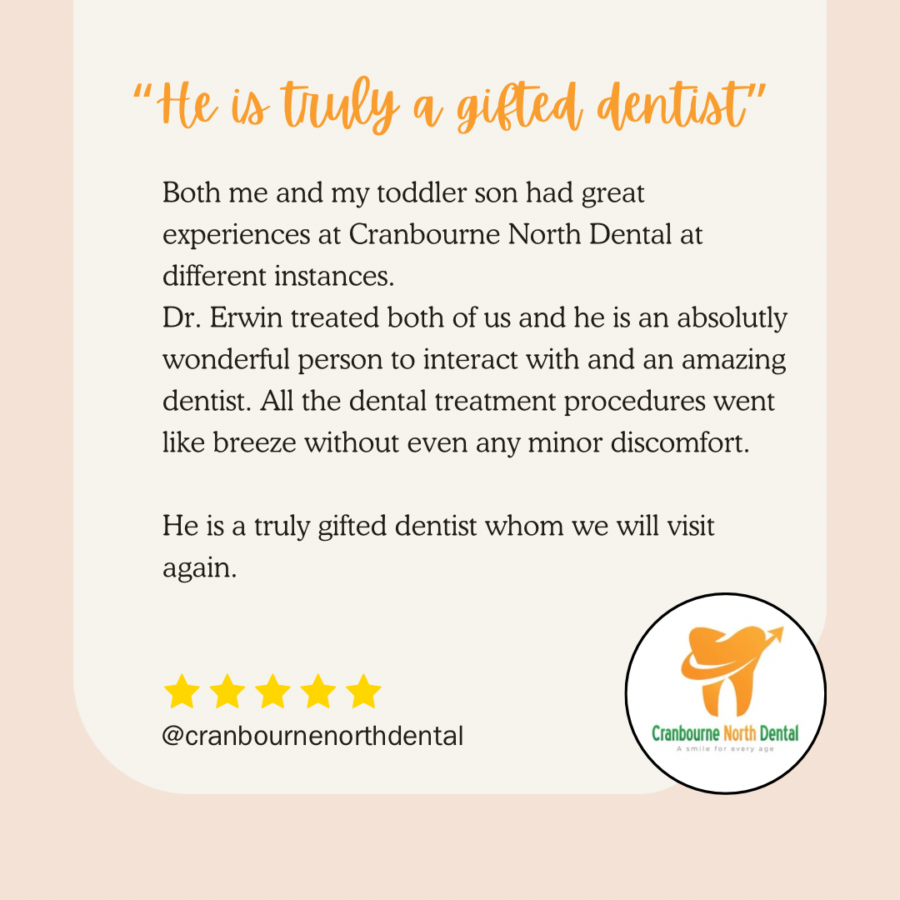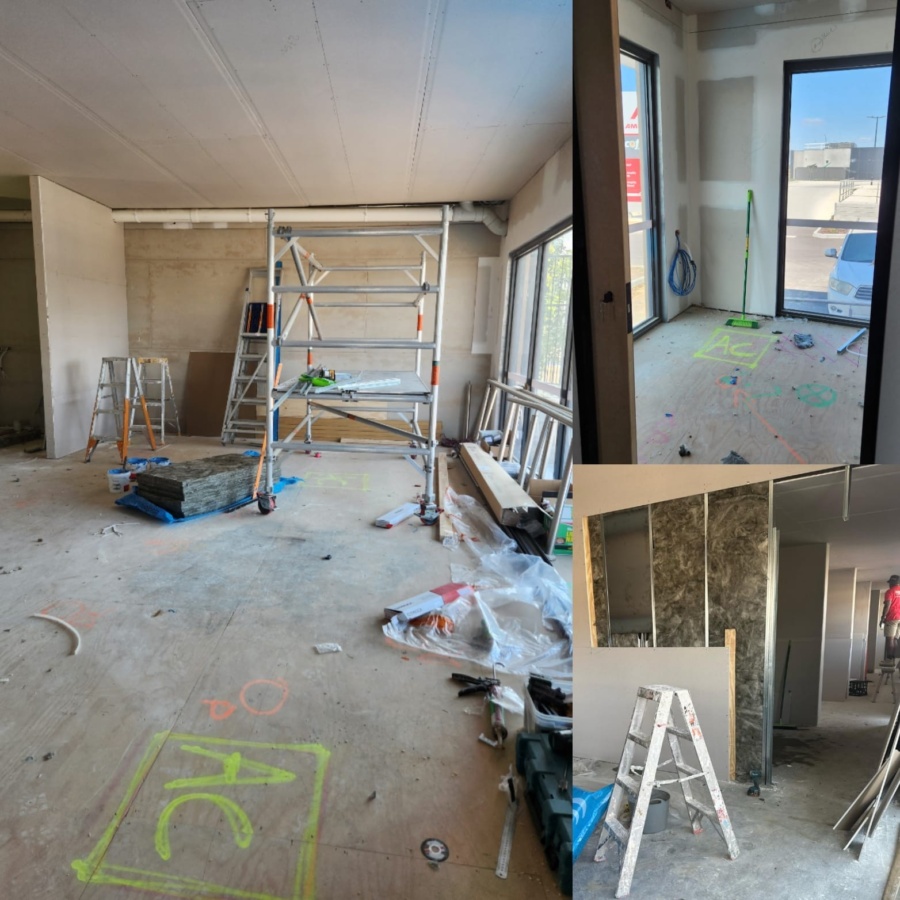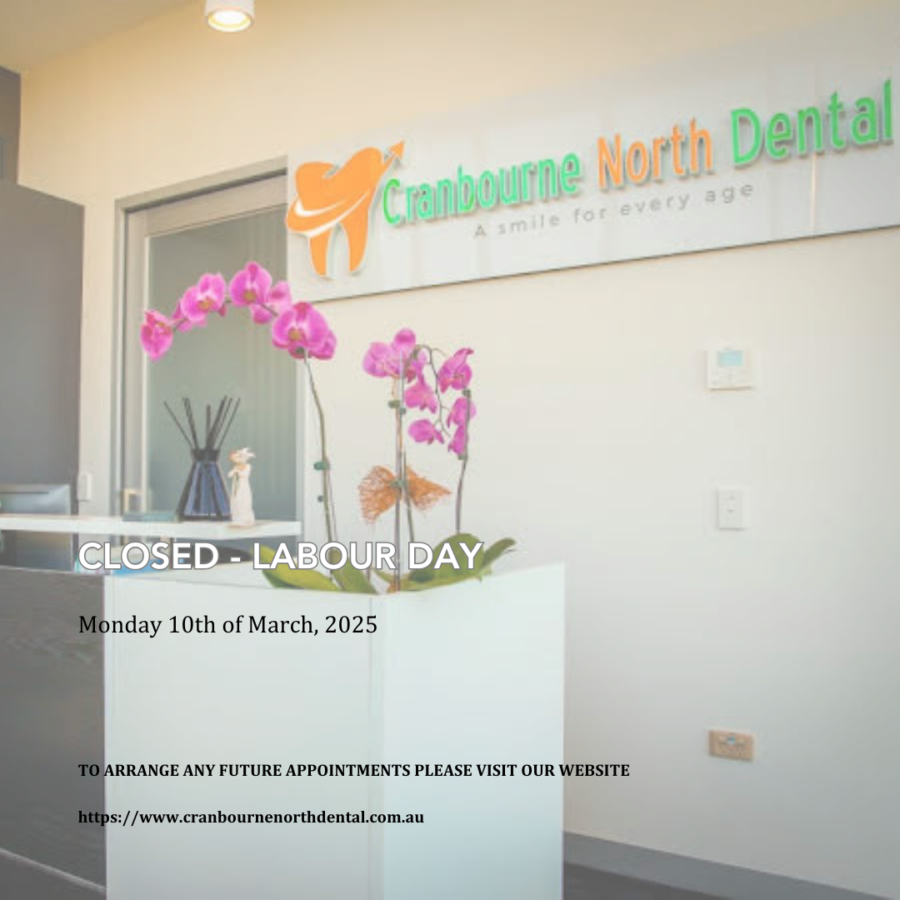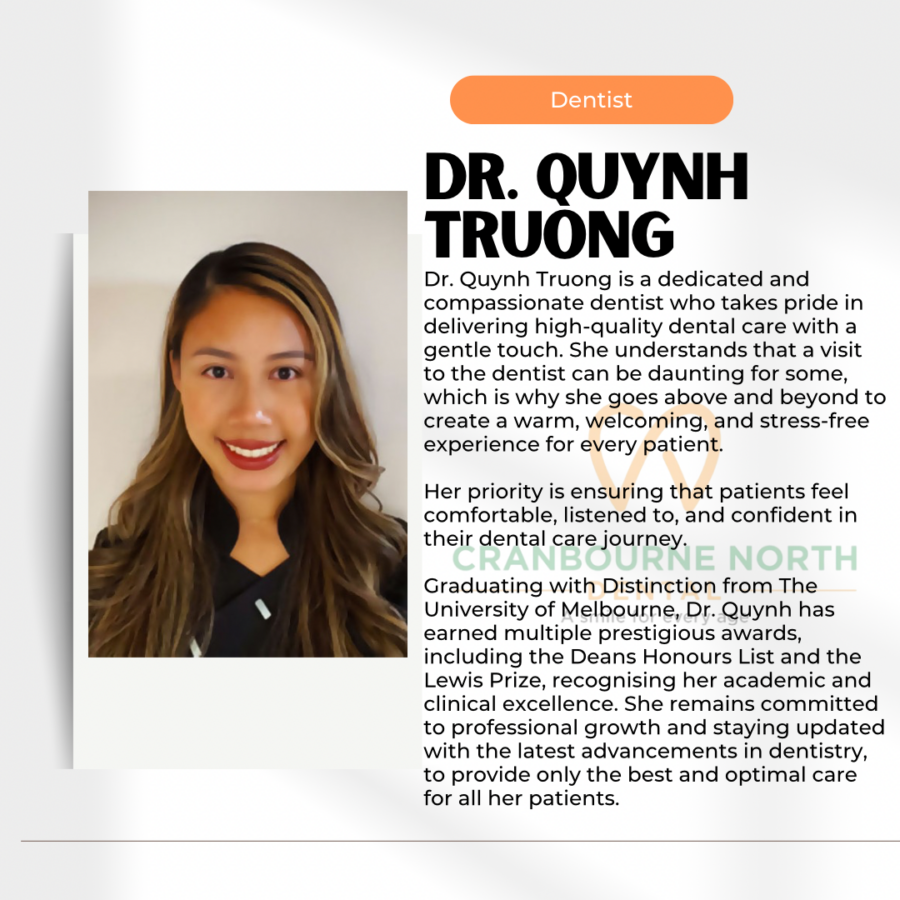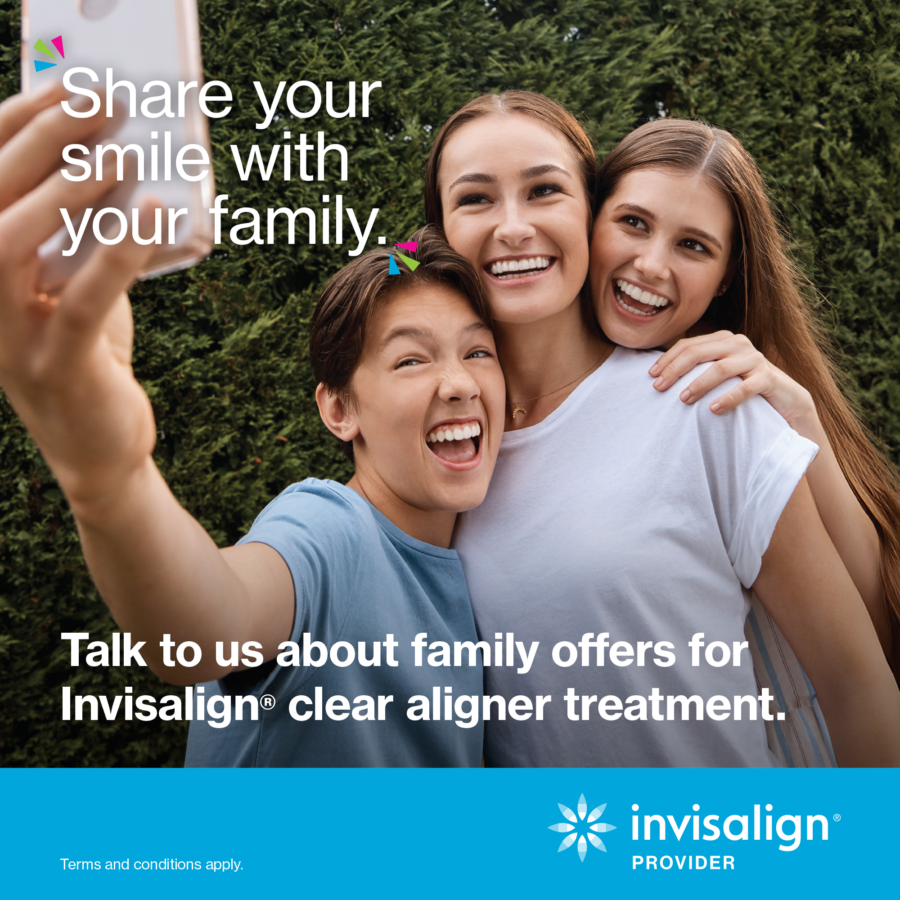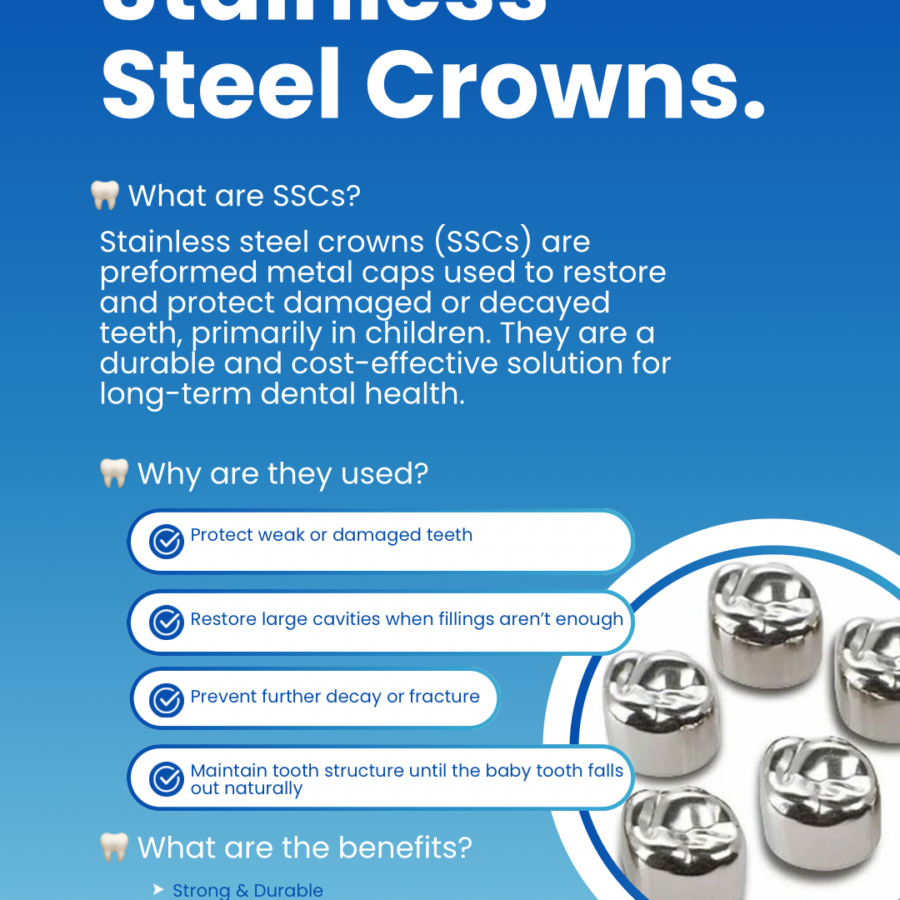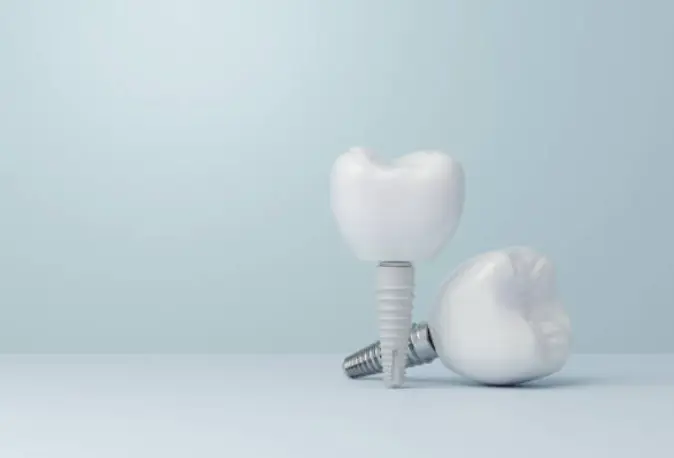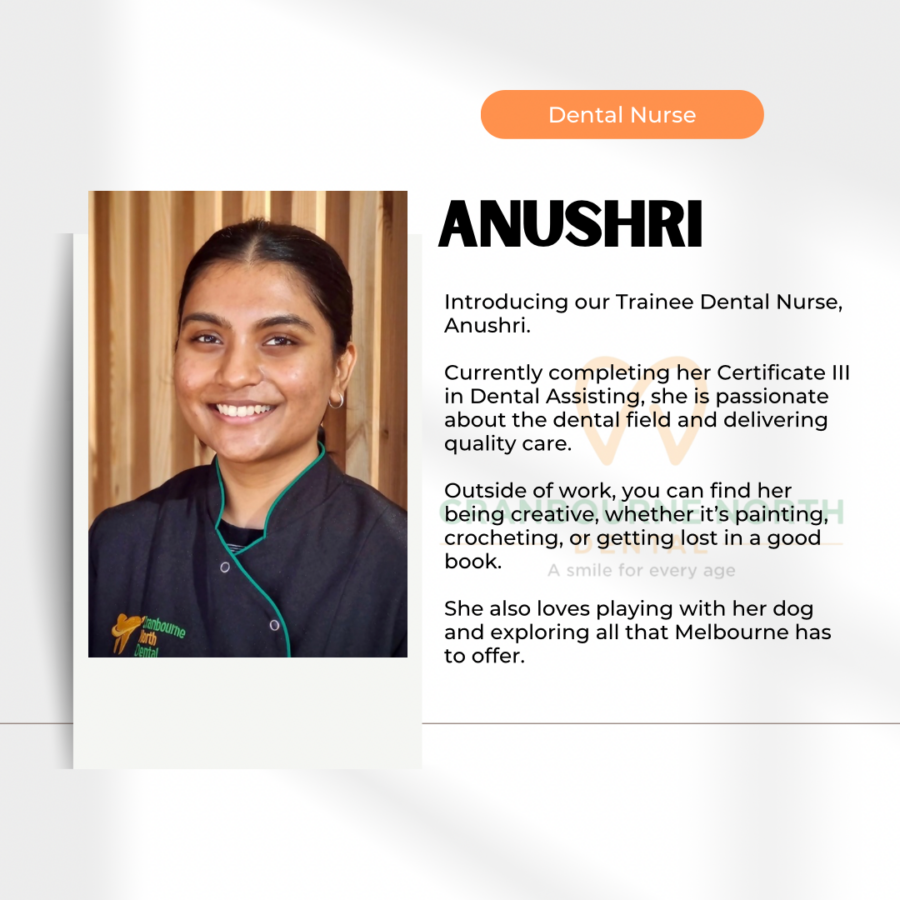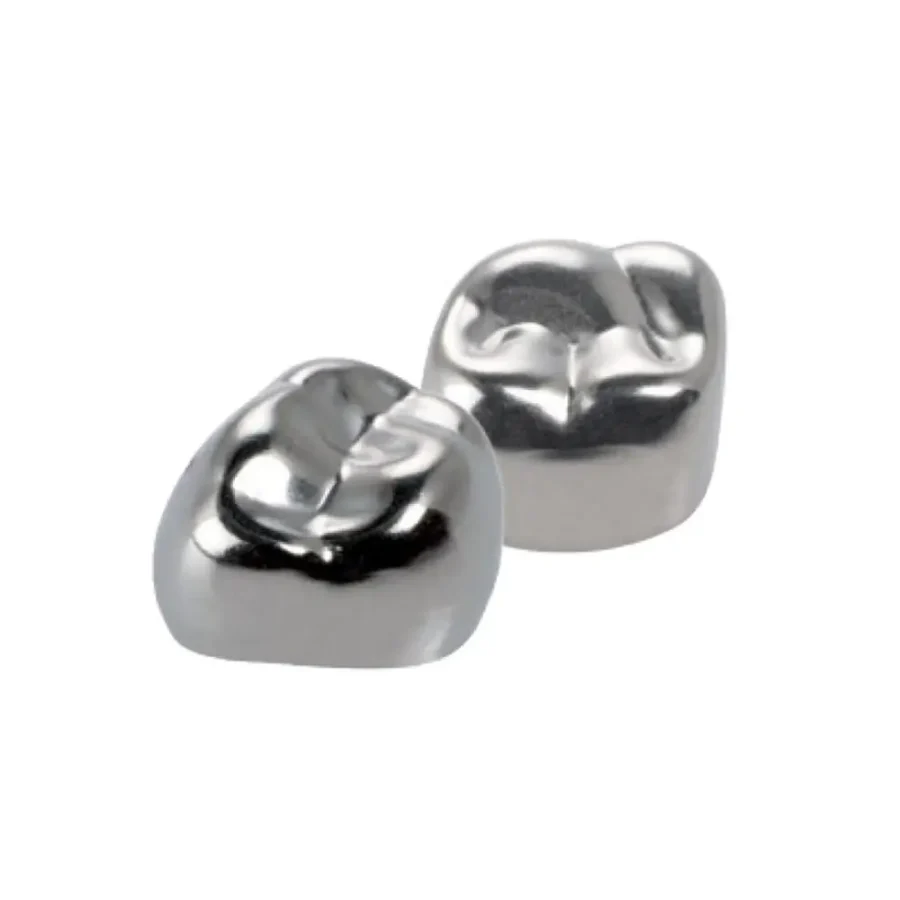What is teeth grinding?
Teeth grinding, known as bruxism, is an involuntary action where the upper and lower teeth clench or grind, frequently occurring during sleep, but can happen while awake for some people. This habit can result in dental concerns, including enamel wear, tooth sensitivity, jaw discomfort, and headaches.
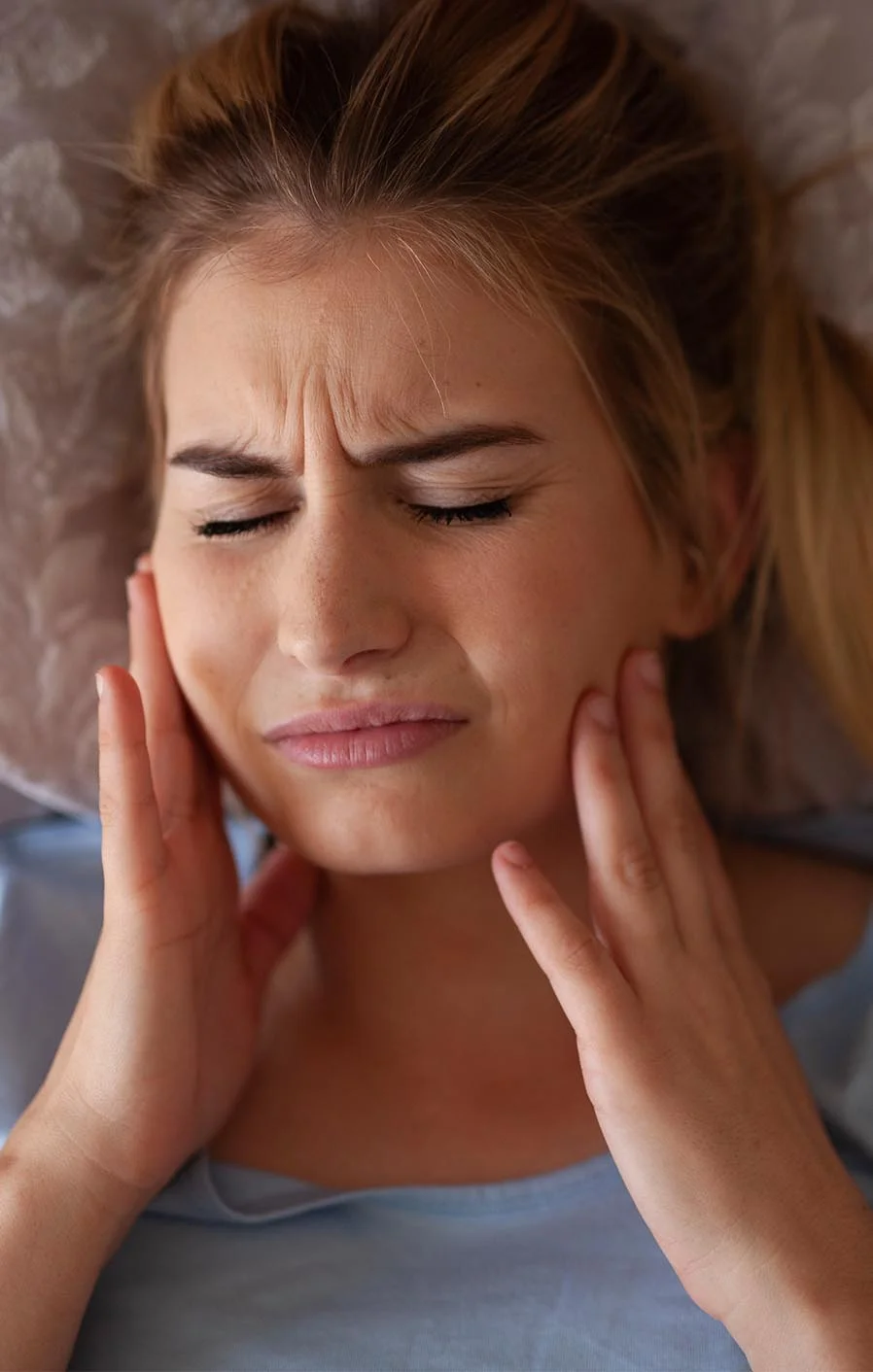
Causes
Teeth grinding, known as bruxism, is often a symptom of various conditions and is frequently multifactorial, involving a combination of factors, including:
Sleep Disorders
Conditions like sleep apnea and sleep disordered breathing may be associated with teeth grinding.
Stress and Anxiety
Emotional stress and anxiety can contribute to teeth grinding
Malocclusion
Misalignment of the teeth or jaw can contribute to bruxism as the jaw seeks a more comfortable position.
Lifestyle Factors
Excessive caffeine intake, smoking, and alcohol consumption can increase the risk of bruxism.
Medications
Certain medications, such as antidepressants, can contribute to bruxism.
Symptoms
Teeth grinding, or bruxism, manifests through symptoms such as:
Persistent Jaw Pain
Frequent discomfort or pain in the jaw, particularly upon waking.
Headaches
Recurring headaches, often concentrated around the temples.
Tooth Sensitivity
Increased sensitivity of teeth, especially to hot or cold temperatures.
Worn Tooth Enamel
- Visible signs of enamel wear on the biting surfaces of teeth.
- Cracks or chipped teeth
Facial Pain
Pain or tenderness in facial muscles.
Disturbed Sleep
Unexplained disruptions in sleep, affecting overall sleep quality.

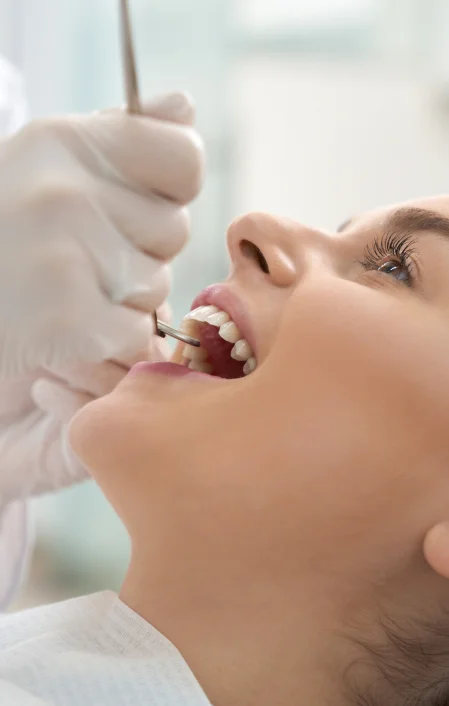
Treatment
Investigate your sleep and airway
Check if your teeth grinding is linked to sleep issues, snoring, noisy breathing, or disruptions in nasal breathing.
Healthy lifestyle and habits for sleep and stress reduction
Practice stress-reduction techniques, such as meditation or deep breathing exercises.
Night Guard
Use a custom-fitted night guard, a dental appliance, to protect teeth from grinding during sleep if suitable for your situation.
Counselling
Consider counseling or therapy if stress or anxiety contributes to bruxism.
If you suspect or experience teeth grinding, consult with a dentist for personalised advice and appropriate interventions.
Contact Cranbourne North Dental For Teeth Grinding
If you’re struggling with teeth grinding, Cranbourne North Dental can help. Our experienced team will assess your situation, identify the underlying cause, and provide personalised solutions to improve your oral health. Don’t let grinding affect your daily life — schedule a consultation with us today and take the first step towards better oral health.
Our Treatments
Frequently Asked Questions
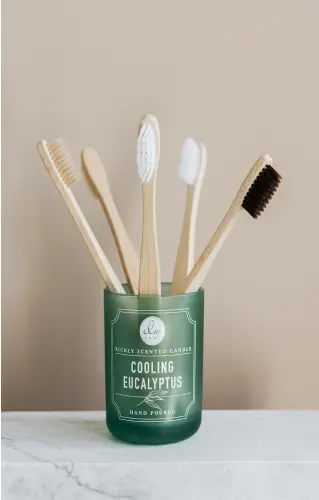
Does Botox help with teeth grinding?
Dermal fillers such as Botox have been a recent popular option for management of symptoms of teeth grinding. Unfortunately it is not a cure and focuses more on symptomatic relief to relax the masseter muscles. It needs to be topped up often, usually every 3 months and does not address the underlying causes of teeth grinding.
It is important that you seek professional advice prior to getting Botox done and get it done by a Doctor or a Dentist who has been trained in Botox for the jaw. It should done as a complementary treatment modality alongside other longer term options.
How do I know if I grind my teeth?
Ask your partner! Although this is not always accurate, sometimes you can hear a distinct noise if people grind their teeth. It is not always there especially if you are only clenching your teeth.
A dentist is the best person to check because there are usually quite obvious signs in your mouth- e.g. scalloping of the tongue or cheeks/bite marks, worn and flattened teeth, chipping of teeth, constantly breaking fillings/teeth, increased gum recession.
Grinding teeth can cause a lot of irreversible and catastrophic damage to teeth and the temporomandibular joint (TMJ) so timely management is key
Why do I need a dentist made custom made nightguard/splint?
It is tempting to buy a cheaper pharmacy boil and bite night guard but it would be preferable not to wear anything instead until you can get a proper one. A poorly fitted nightguard can cause more damage to your teeth as you grind your teeth. It can also cause permanent bite changes.
The custom night guard is made specially after taking a scan or mould of your teeth and the fit is checked at the insert appointment. Depending on the type, the bite is precisely checked and it has to be very snug against the teeth.

